 Shutterstock
Shutterstock
Dogs have stood by our side for thousands of years, proving they are much more than lovable companions. From guarding ancient settlements to detecting life-threatening illnesses, they’ve played vital roles in human survival. These incredible animals have served as protectors, rescuers, hunters, and even war heroes, adapting to our needs with unwavering loyalty. Whether helping early humans track food or assisting medical professionals today, dogs have shaped history in ways we often overlook. Their intelligence, sharp senses, and deep bond with us make them truly irreplaceable.
Protecting Ancient Civilizations
 Shutterstock
Shutterstock
Long before home security systems existed, dogs were the ultimate guardians of early human settlements. Civilizations such as the Egyptians, Greeks, and Romans used dogs to guard homes, livestock, and even entire cities. Their keen senses and ability to detect intruders from miles away made them invaluable protectors against thieves, wild animals, and enemy attacks. The presence of a strong, loyal dog often determined whether a village thrived or fell to invaders.
Hunting Partners for Early Humans
 Shutterstock
Shutterstock
Before grocery stores and drive-thrus, hunting was a necessity, and dogs made it much easier. Early humans bred and trained dogs to track, chase, and retrieve prey, allowing people to secure food more efficiently. Breeds like the Saluki, one of the oldest hunting dogs, were prized for their speed and agility, helping hunters catch game in the deserts of the Middle East. Without their canine partners, survival would have been much harder for early civilizations.
Saving Soldiers on the Battlefield
 Shutterstock
Shutterstock
Dogs have served as war heroes throughout history, bravely running through battlefields to deliver messages, detect enemies, and even provide medical aid. In both World Wars, dogs were trained to carry supplies, locate wounded soldiers, and alert troops of incoming attacks. A famous example is Sergeant Stubby, a heroic dog who served in World War I, detecting gas attacks and even capturing a German spy. Their courage under fire has saved countless lives in some of the darkest moments of human history.
Guiding the Visually Impaired
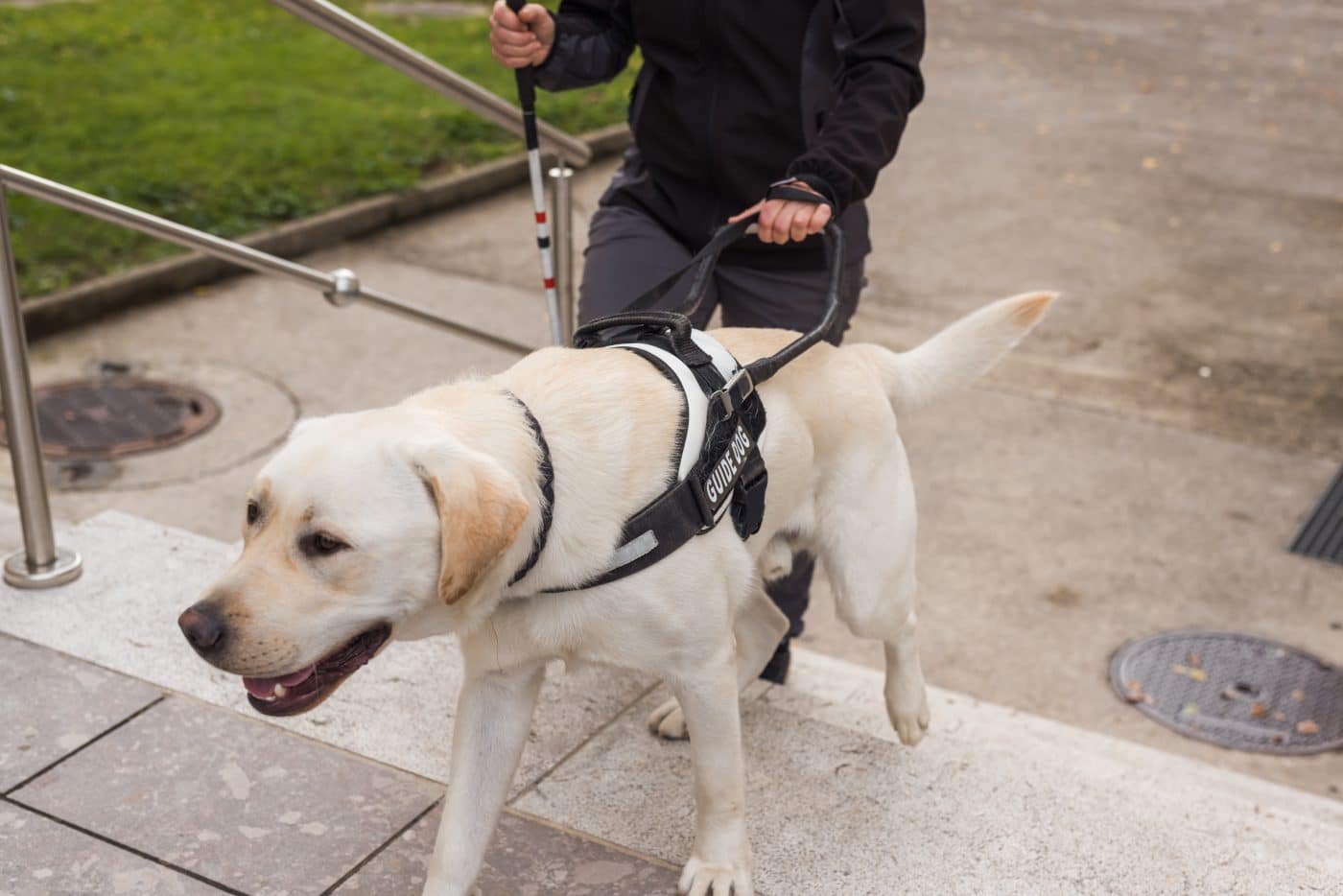 Shutterstock
Shutterstock
Guide dogs have transformed the lives of visually impaired individuals, offering independence and security in a world filled with obstacles. The first recorded guide dogs date back to the 16th century, but modern guide dog training programs began after World War I to assist blinded veterans. Today breeds like Labradors and Golden Retrievers are trained to help their handlers navigate streets, cross roads safely, and avoid obstacles, providing a level of freedom that would otherwise be impossible.
Detecting Life-Threatening Diseases
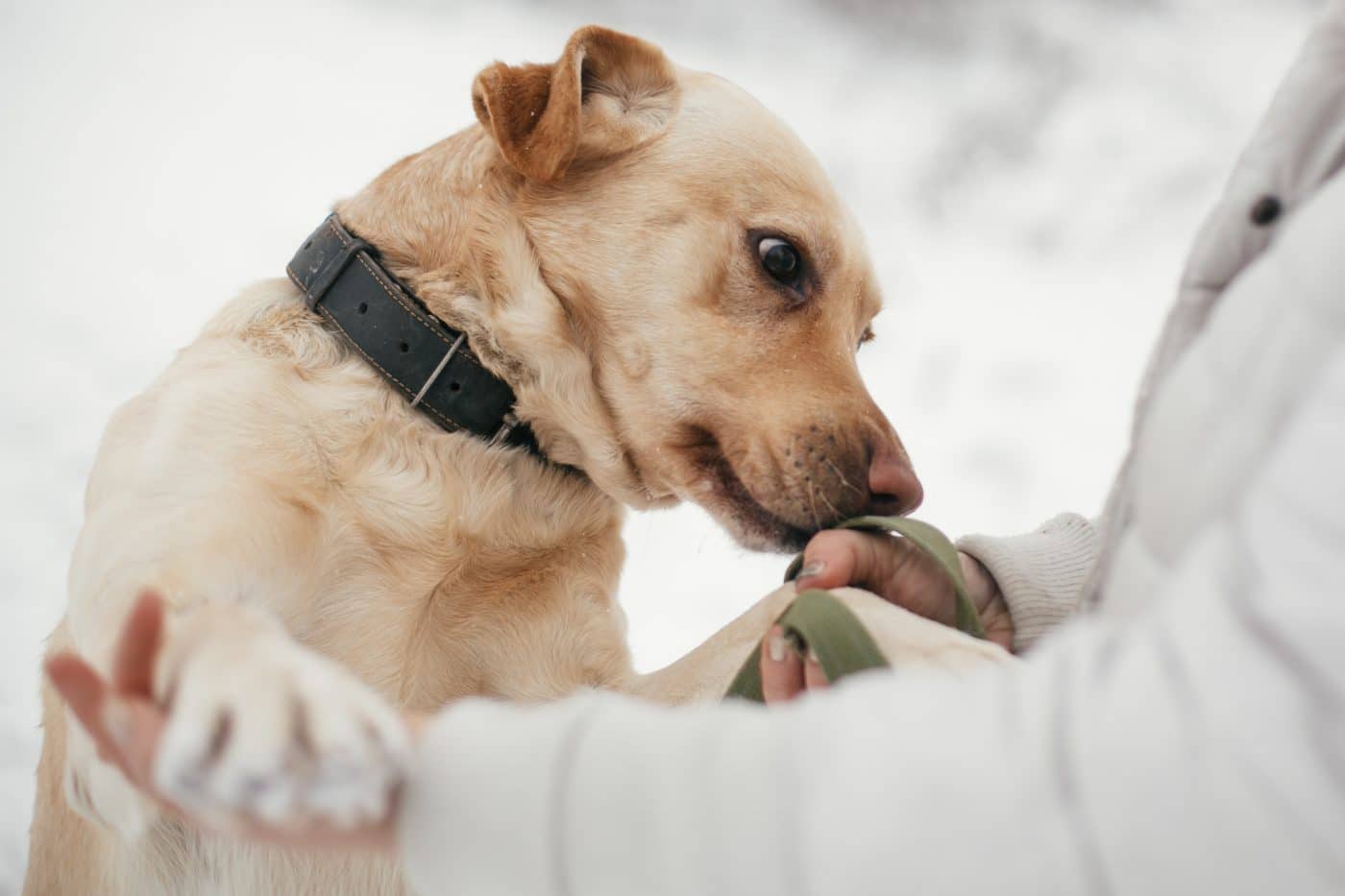 Shutterstock
Shutterstock
It may sound unbelievable, but dogs can sniff out diseases like cancer, diabetes, and even COVID-19. Their extraordinary sense of smell allows them to detect volatile organic compounds associated with illnesses, sometimes even before medical tests can confirm them. Medical detection dogs have been trained to alert their owners when their blood sugar drops or to identify the early signs of diseases, giving people the chance to seek treatment sooner. These four-legged doctors are revolutionizing early diagnosis and disease prevention.
Rescuing People from Disasters
 Shutterstock
Shutterstock
Search and rescue dogs have been responsible for saving thousands of lives in the wake of natural disasters, avalanches, and collapsed buildings. With their powerful noses and keen instincts, they can locate survivors buried under rubble or trapped in dangerous conditions. Breeds like German Shepherds and Border Collies have been trained for search and rescue missions, helping first responders find missing persons faster than any human ever could. Whether in earthquakes, hurricanes, or wilderness rescues, dogs continue to be heroes in the most critical moments.
Herding Livestock with Incredible Skill
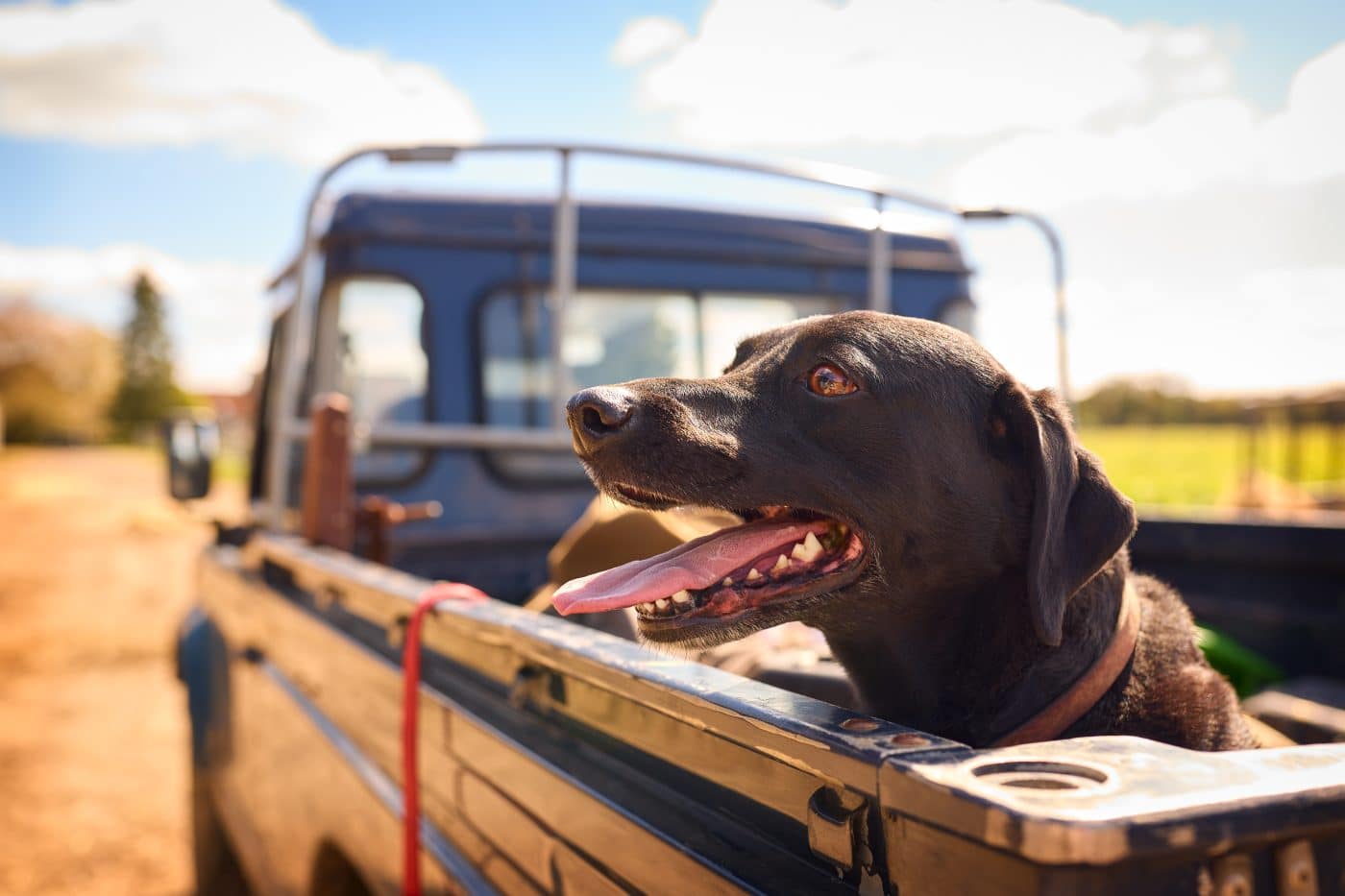 Shutterstock
Shutterstock
For centuries, dogs have played a vital role in farming and agriculture by herding livestock with unmatched precision. Breeds like the Border Collie, Australian Shepherd, and Corgi have been bred to control and guide herds of sheep, cattle, and even reindeer. Their intelligence, agility, and ability to respond to whistle commands make them indispensable to farmers. Without them, managing large herds would be an overwhelming task.
Serving as Emotional Support Companions
 Shutterstock
Shutterstock
Dogs have a special ability to sense human emotions, making them incredible therapy and emotional support animals. Their presence alone can lower stress levels, reduce anxiety, and provide comfort to those suffering from PTSD, depression, or trauma. Therapy dogs are now widely used in hospitals, nursing homes, and even schools, offering a calming influence wherever they go. Their ability to heal hearts and bring smiles is just as powerful as any medical treatment.
Delivering Messages in Wartime
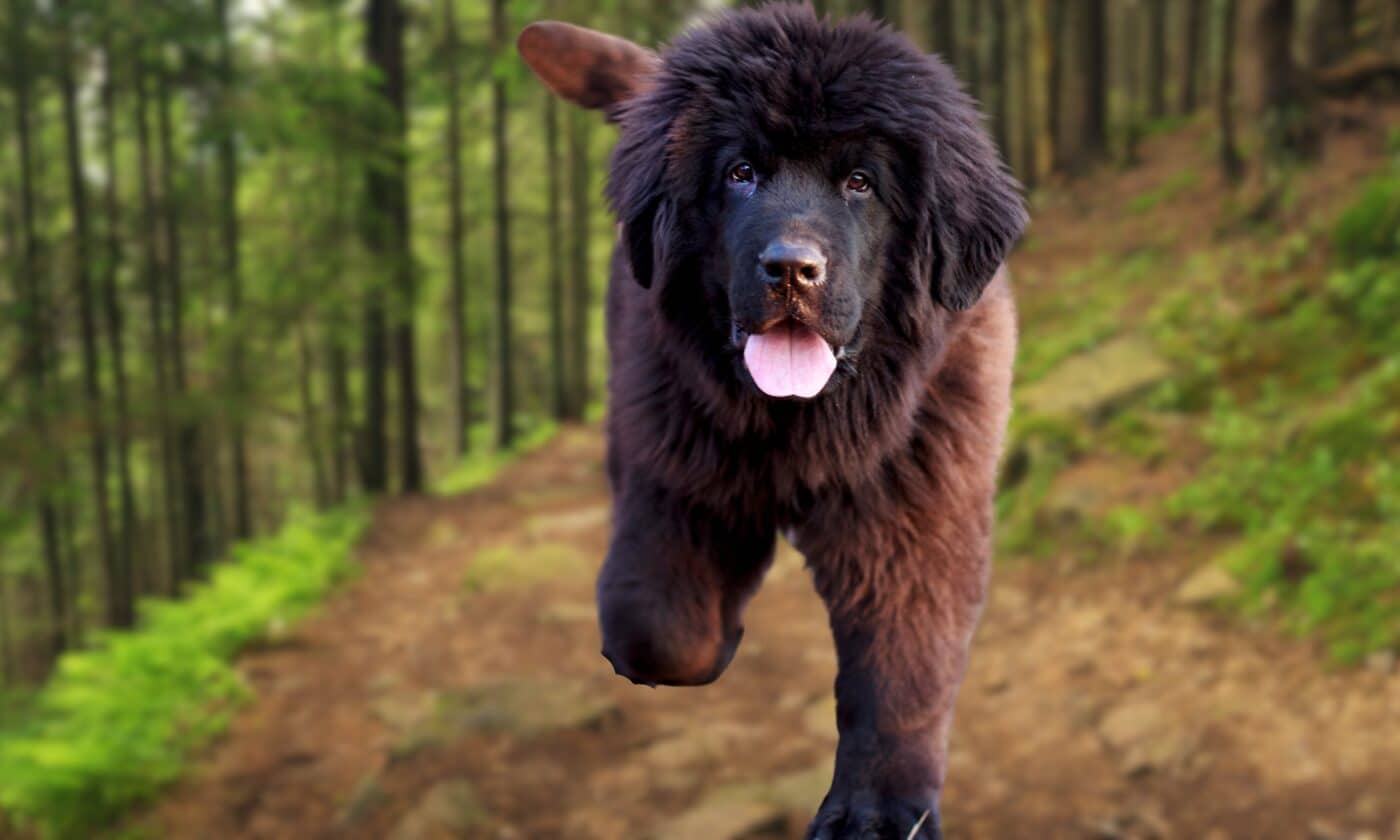 Shutterstock
Shutterstock
Before radios and telephones, military dogs were trained to carry messages across battlefields. These brave canines would navigate dangerous terrain and enemy fire to deliver crucial communications between troops. Their speed, loyalty, and determination made them reliable messengers in times when human couriers wouldn’t stand a chance. Dogs like Gander, a Newfoundland war hero, were credited with saving soldiers’ lives by ensuring messages reached their intended targets.
Keeping Food Safe from Pests
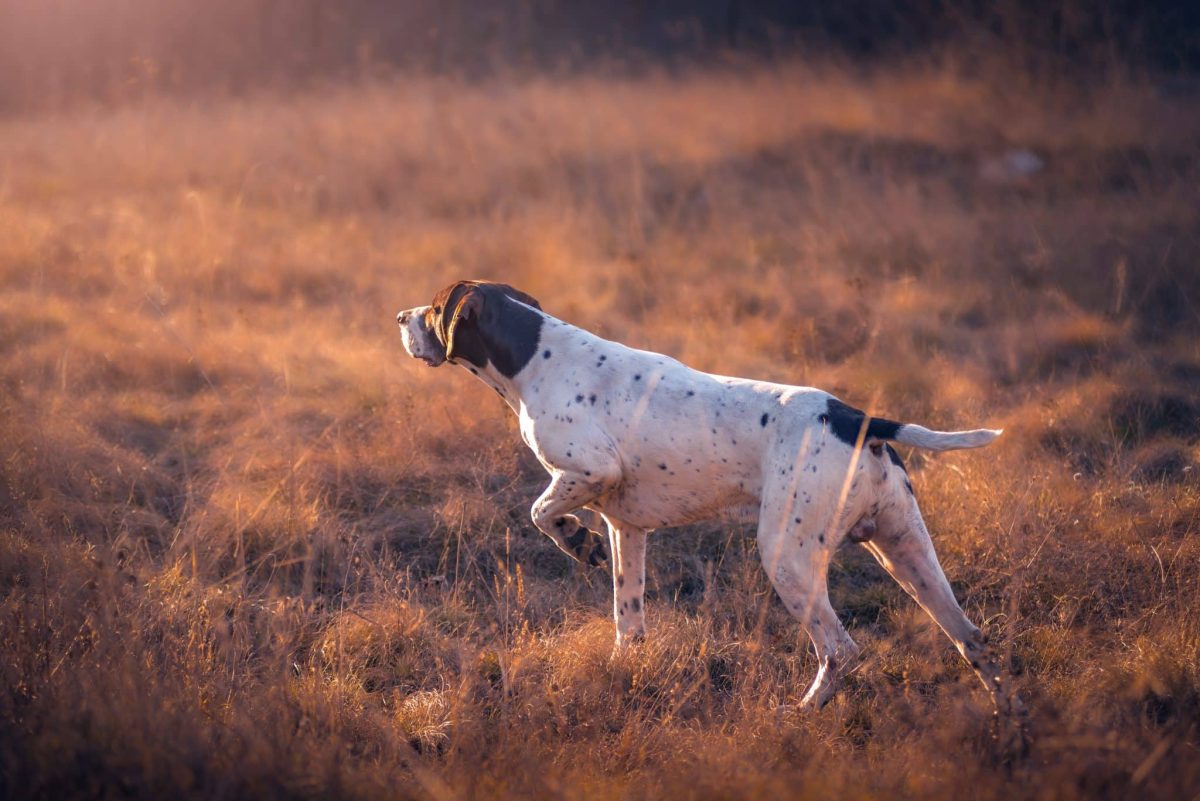 Shutterstock
Shutterstock
Long before pest control companies existed, dogs helped protect human food supplies from rodents and other small invaders. Rat-catching breeds like the Rat Terrier and the Jack Russell Terrier were bred specifically to hunt and eliminate pests in homes, barns, and grain storage facilities. Their efficiency in keeping food safe ensured that families and entire villages had enough to eat. Without these tenacious little exterminators, food shortages would have been far more common.
Acting as Lifeguards in Water Rescues
 Shutterstock
Shutterstock
Some dogs are natural swimmers, and their skills have saved countless people from drowning. Breeds like the Newfoundland and Labrador Retriever have been used in water rescues for centuries, using their strength and webbed paws to pull struggling swimmers to safety. Even today, specially trained water rescue dogs patrol beaches and lakes, ready to jump in and save lives at a moment’s notice. These aquatic heroes make the water a much safer place.
Helping Scientists Study Wildlife
 Shutterstock
Shutterstock
Wildlife conservation efforts have benefited immensely from trained detection dogs who assist scientists in tracking and studying endangered species. These dogs are trained to locate animal scat, detect poachers, and even find invasive species. Their noses help researchers collect valuable data while minimizing human impact on fragile ecosystems. Without their help, conservation efforts would be far less effective.
Tracking Down Criminals and Missing Persons
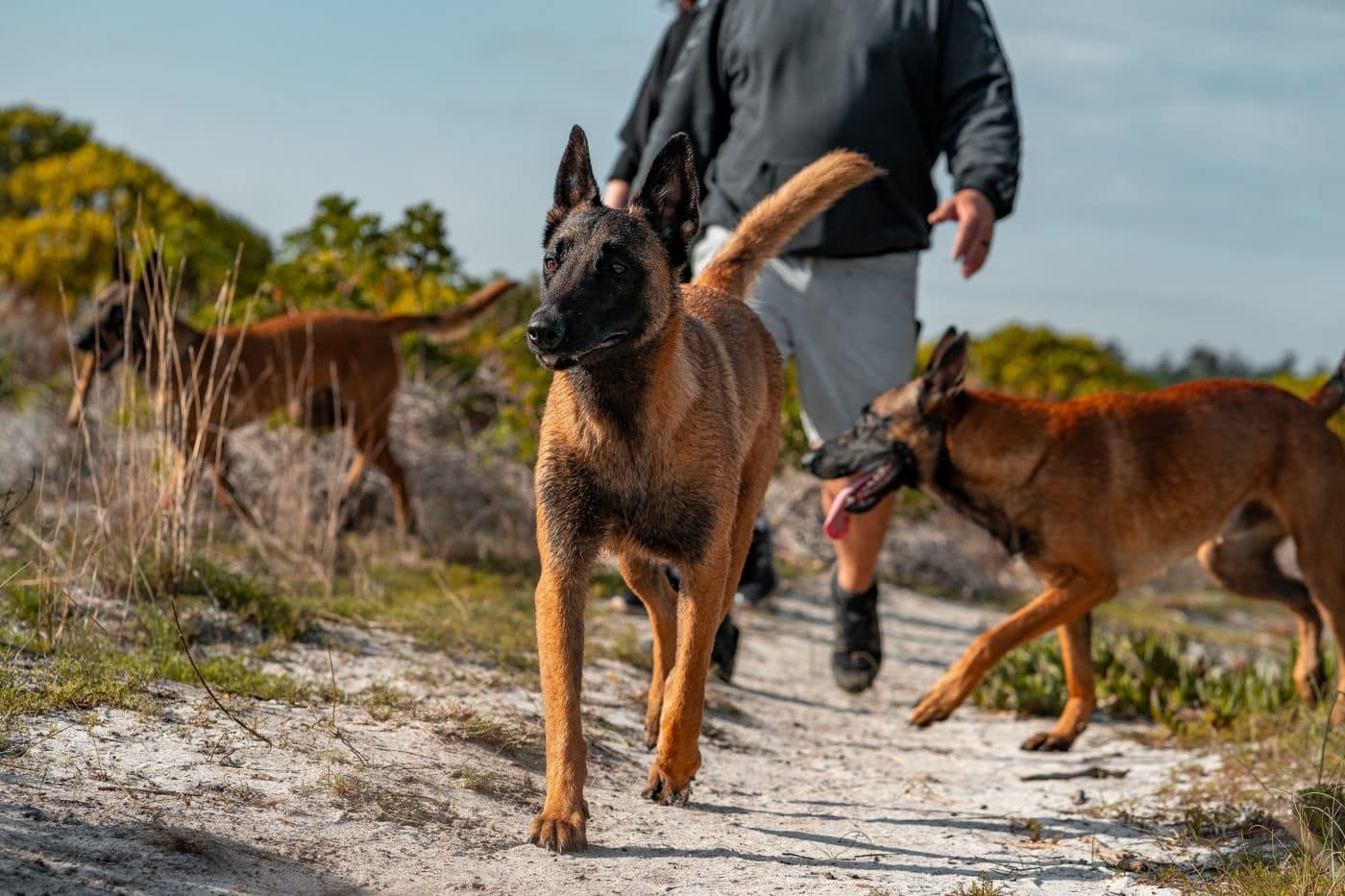 Shutterstock
Shutterstock
Law enforcement agencies have relied on dogs for centuries to track criminals and locate missing people. Bloodhounds, with their unparalleled sense of smell, can follow scent trails that are days old, leading officers directly to suspects or lost individuals. Police dogs, such as German Shepherds and Belgian Malinois, are also trained to detect drugs, explosives, and even hidden weapons. Their contribution to law enforcement makes the world a safer place for everyone.
Dogs Have Been Saving Our Butts Since Forever
 MidJourney
MidJourney
From ancient times to the modern world, dogs have consistently shown that they’re more than just cute companions—they’re lifesavers, protectors, and problem-solvers. Whether it’s tracking down criminals, saving soldiers, or even detecting diseases, their impact on human life is nothing short of extraordinary. Without dogs, history might have taken a very different path, and we’d likely be missing some of our most reliable and selfless allies. The next time your dog gives you that goofy grin or demands belly rubs, just remember—they’ve earned every bit of love we give them.

 1 month ago
26
1 month ago
26
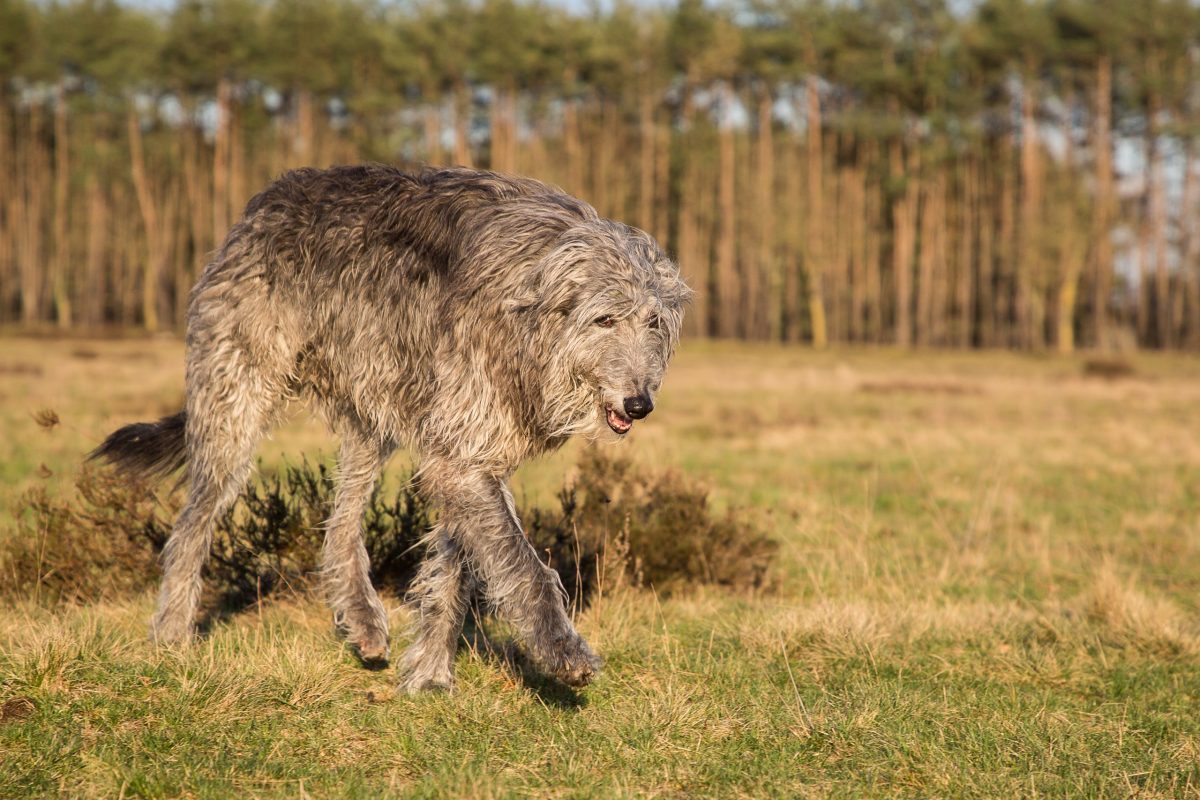




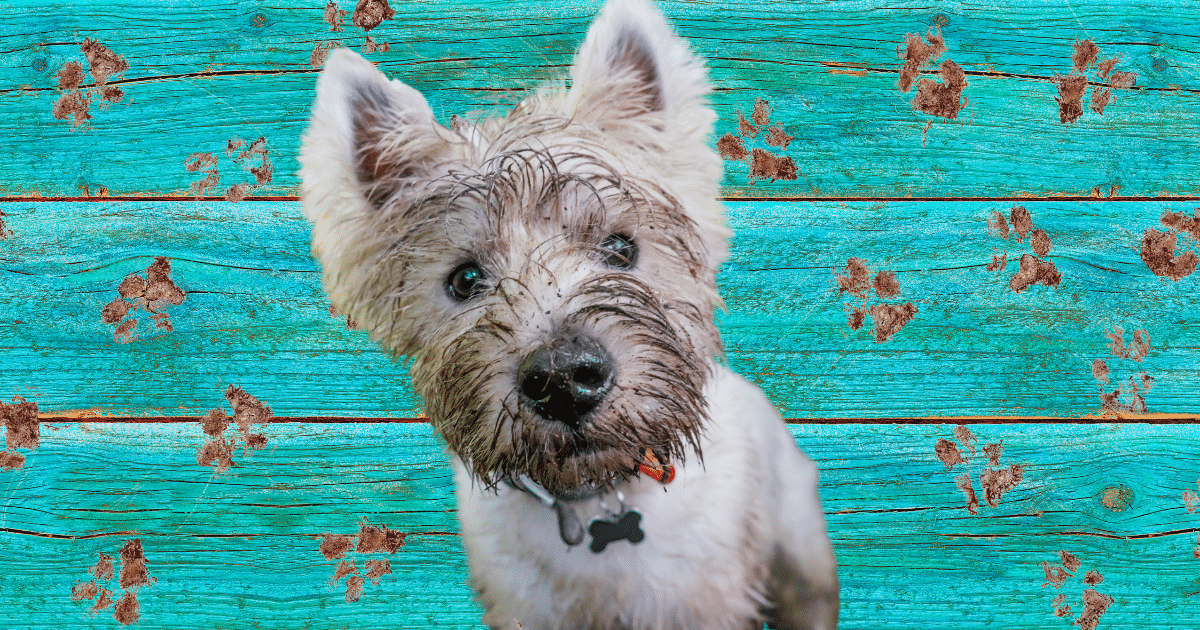

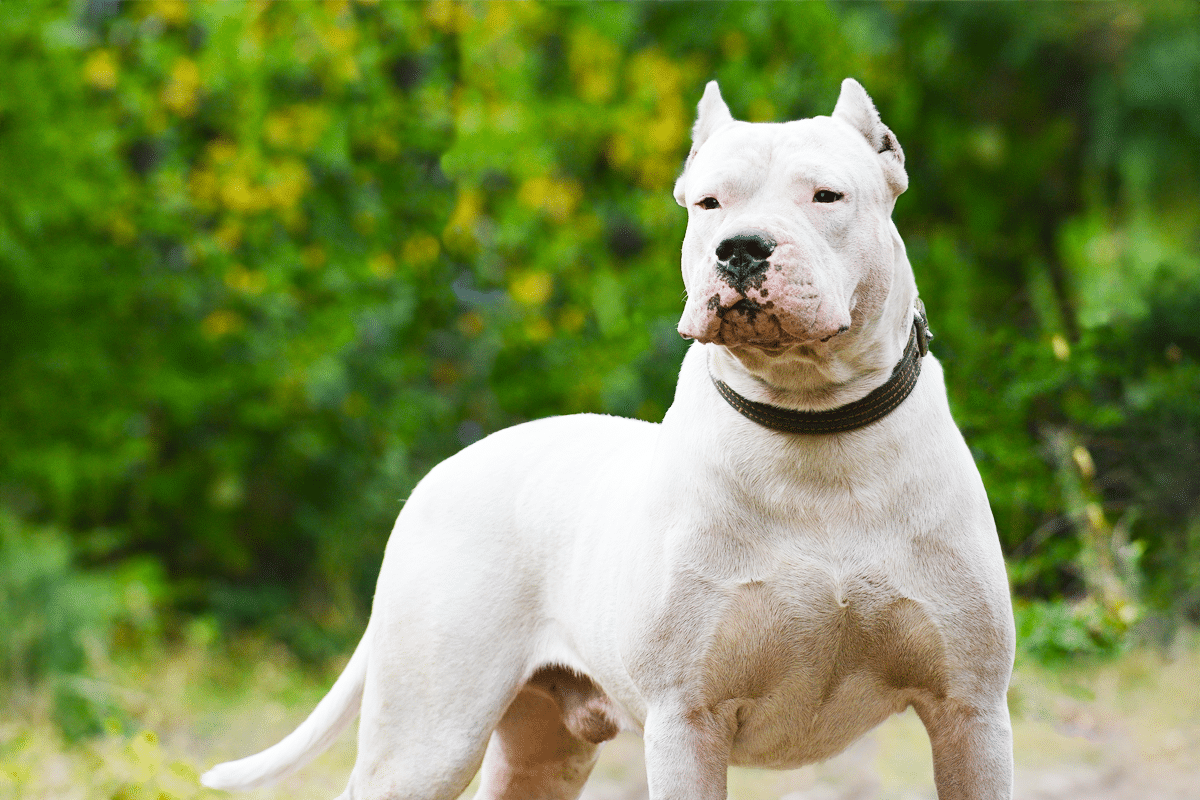
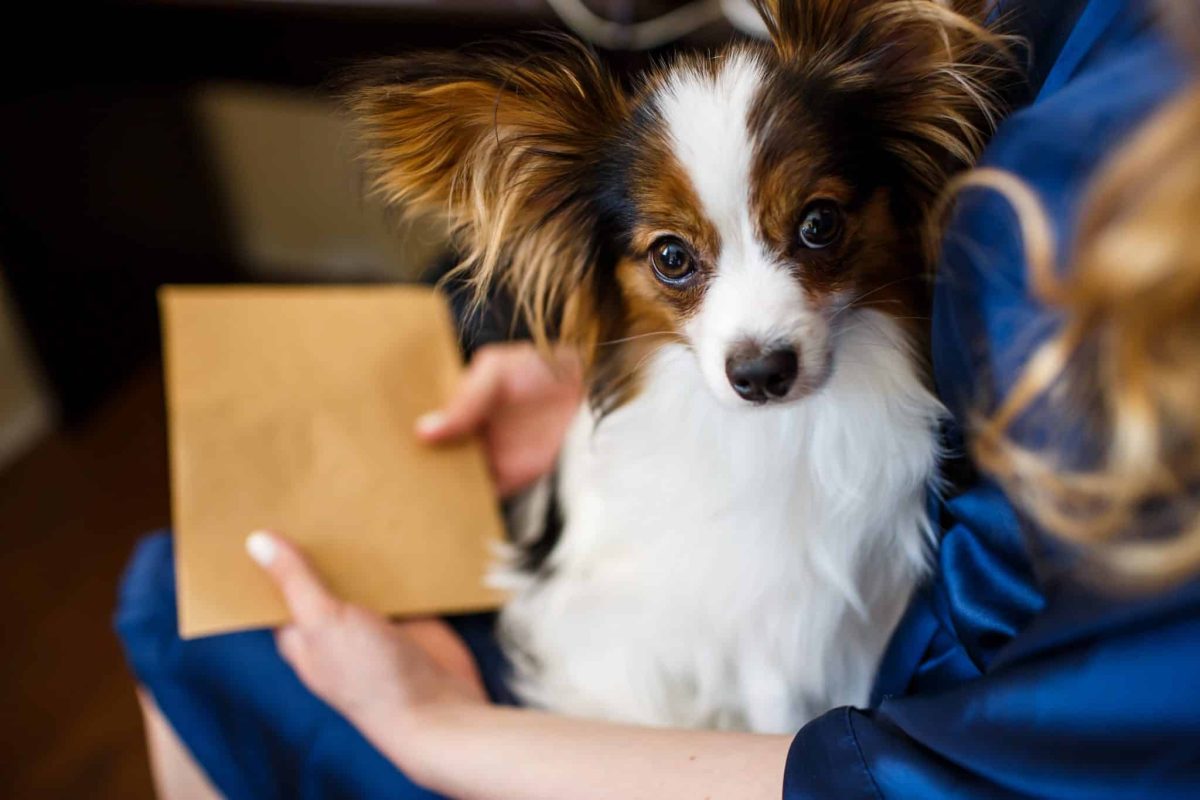









 English (US) ·
English (US) ·